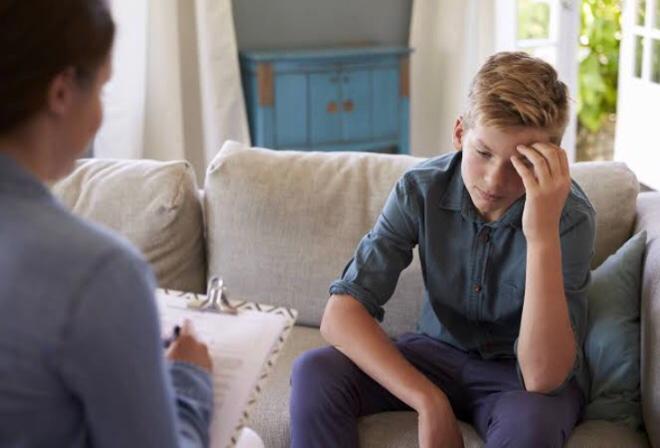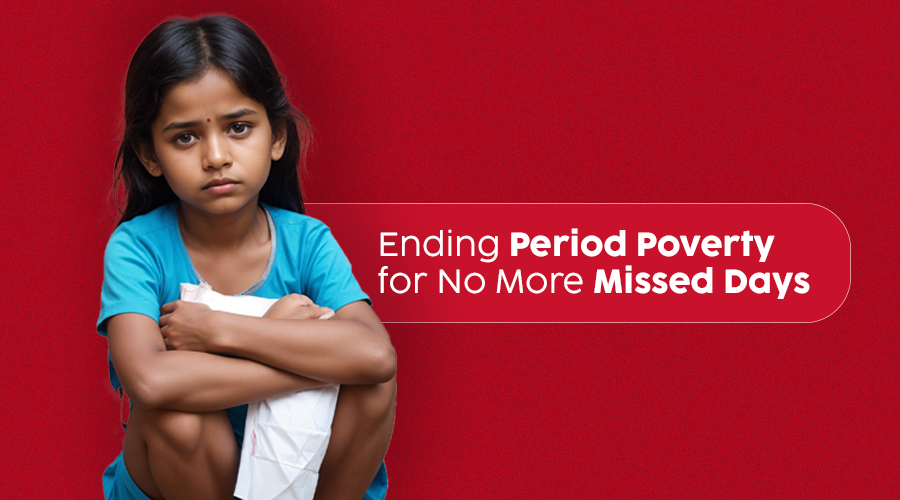Okay, here’s a rapid-fire:
1. What is the most dreaded question to a parent from a child?
2. What is the question that most parents avoid answering directly?
3. What is the topic that parents always hope their children will get to know through some other means but not from them?
4. What is the topic that always gets communicated in code language?
In all probability, the answer to all of these above questions has been the dreaded “s” word.
All things related with “sex” are never discussed with our children, even when they are clearly old enough to understand it. The worst part, we hope they get to learn all about it somehow and yet don’t mess up.
So, what’s wrong with that? That’s how it has been for generations. Why should it change now?
Here’s why it should change:
Most children are shown love through touch. Fathers carry daughters on their shoulders, rock them to sleep on their laps, kiss them on the cheeks, hug them to show affection. Not to mention the amount of physical affection a mother showers on her children.
We also know that sexual abuse in children happens by someone known to them. And it’s also true that most of us are secure in the feeling that it always happens to someone far and beyond… not us! Well, here’s a shocker! A whopping 90 percent of all sexually abused children are innocuously trapped with someone they and their parents TRUST. Which means, this child has seen the uncle, cousin, daddy’s friend, etc., comfortably seated in their own homes and comfortingly playing with her. A dozen time atleast! Sometimes, with her and the uncle’s daughter as well! And yes, it could be your child and mine too.
So, when a child is touched by this uncle in a not-so-casual way, what’s happening in the child’s mind? We can hope against hope that the child still does not know, but she sure can sense it. She can sense that the uncle that has kissed her many times before is doing it differently today. She can sense that his hands that hugged her playfully are doing something something other than mere hugging. She can sense it, surely! But, can she express it? And who will she turn to?
She is now confused and probably scared too.
Why confused? She is confused, because though she can sense it, she does not know what it is that made her uncomfortable. And when highly trusted people do it, she is confused by her own good feelings towards them. She is not SUPPOSED to feel that way.
Why scared? She is scared because her parents might not believe her. She is scared that her parents might not understand what she is saying. (She thinks so, because she has no knowledge yet and assumes the same is true for her parents.) She is scared because that uncle might have threatened/sweet-talked her into silence. She is scared that her parents might trivialize her experience. She is scared because her parents have never spoken about such a thing. She is scared because her parents have not conveyed to her unequivocally that they place her words over everybody else’s. Most definitely, most parents want to place their child over everybody else. And if confronted with a situation, they will. Why, then, does the child not know it?
Meanwhile, she is being bombarded with fragments of information that scream rapes, sexual assault and abuse, incest, etc. She does not know what each of these terms mean, but now she has sensed that something bad has happened to her… will she talk now?
Odds are, she still won’t. To make it worse, if the “uncle” drops in again and everything is normal between him and the parents, she starts believing that she was the one who did something dreadfully wrong.
What should we do?
1. First and foremost, let your child know that “bad touch” is possible.
Decoding it for the child.
2. Do it proactively. Don’t wait for your child to “grow up” sufficiently. It’s shocking to know how young some kids were in real incidents. Ideally, do it as soon as your child can identify all body parts.
3. Give her the confidence that you will believe her no matter what she says or against whom. Assure her that she must tell you whatever happens with her body.
4. Check with her regularly if she remembers what “bad touch” means. And if she has had any this will encourage the child to talk — just in case.
5. Minimize the chances of your child spending any time alone with potential predators — like the driver dropping her to class, or the neighbor watching over her when you just step out for your groceries, or the watchman who is playing with her after school.
They can call you paranoid, but hey, you know what you care about!
Lastly, train your child in self-defense. It may not help really young kids immediately, but this is something they will surely thank you for.
P.S. Everything that has been observed above for the girl child is equally applicable for a male child. I have taken the girl child reference simply because abuse of girls is far more than of boys.
And because, I am a mother of two daughters.
The author is a proud participant of the BCLIP program. She also lives her childhood all over again through her 2 daughters and is a passionate collector of KidKuips- a collection of amusing quips by kids. You can find a good lot of her collection on www.kidskintha.com. She also regularly writes on social issues and issues on child development.
*Original article in Huffington Post.






